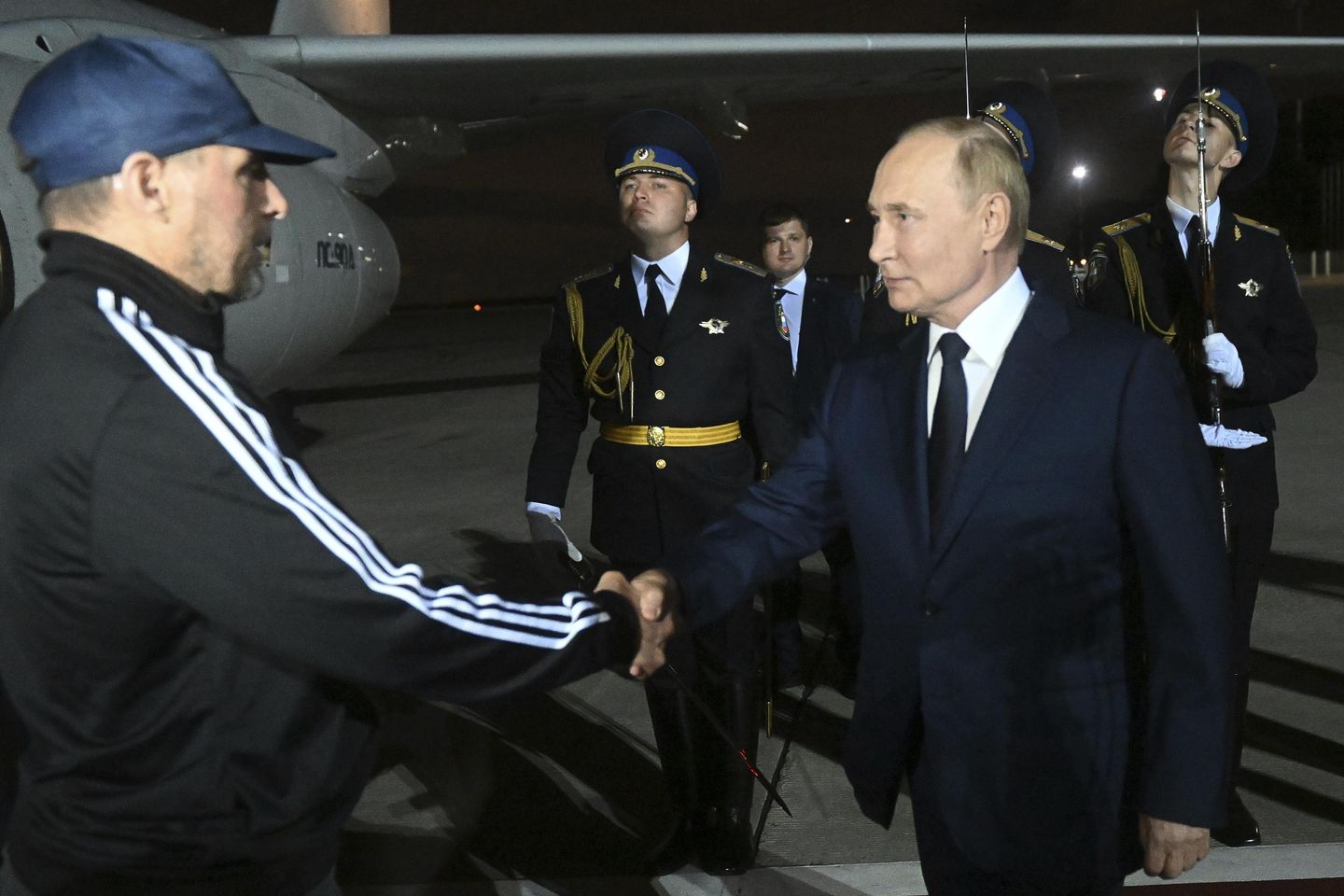The largest prisoner swap since the Cold War has captured the attention of the world, as new details emerged on Friday regarding the exchange between Russia and the West. The Kremlin has confirmed for the first time that some of the Russians who were held in Western countries were affiliated with its security services. This revelation has added a new layer of complexity to an already intricate diplomatic situation.
The prisoner swap, which took place earlier in the week, involved the exchange of several individuals who had been detained in both Russia and the West. Among those released were dissidents who had been imprisoned for their political beliefs, as well as individuals who were held on charges of espionage.
The Kremlin’s acknowledgment that some of the Russians held in the West were affiliated with its security services has raised questions about the nature of their activities and the implications for future relations between Russia and the West. The revelation has also sparked speculation about the motivations behind the prisoner swap and the potential implications for ongoing diplomatic efforts.
Families of the freed dissidents have expressed their joy and relief at the unexpected release of their loved ones. Many had been advocating for their release for years, and the sudden turn of events has brought a sense of closure and relief to those who had been fighting for their freedom.
The prisoner swap has been hailed as a significant step towards improving relations between Russia and the West, which have been strained in recent years due to a variety of geopolitical tensions. The exchange of prisoners is seen as a positive development that could pave the way for further cooperation and dialogue between the two sides.
However, the acknowledgment that some of the Russians held in the West were affiliated with Russia’s security services has also raised concerns about the potential for future espionage activities and the need for increased vigilance in monitoring such activities. The revelation has underscored the complex and often adversarial nature of the relationship between Russia and the West, and the challenges that lie ahead in building trust and cooperation between the two sides.
The prisoner swap has also reignited debate about the role of dissidents and political prisoners in Russia, and the need for greater protection of human rights and civil liberties in the country. The release of these individuals has brought renewed attention to the plight of those who have been imprisoned for their political beliefs, and has underscored the importance of advocating for their rights and freedoms.
Overall, the prisoner swap has been a significant and unexpected development in the ongoing saga of Russia-West relations. The exchange of prisoners has raised questions and concerns about the future of the relationship between the two sides, but it has also offered a glimmer of hope for improved cooperation and dialogue in the years to come. The families of the freed dissidents have expressed their gratitude and relief, while the world watches with interest as the implications of this historic event continue to unfold.









